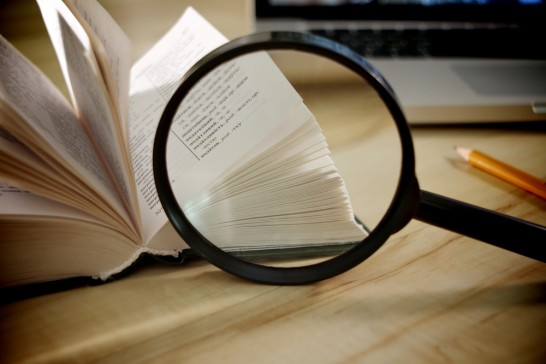
LIVESTREAM: Library Science Talks - Luis Martínez-Uribe, Fundación Juan March

Tuesday, 17. November 2020
17:15 - 18:45 o'clock
Livestream
Blending analytics and curation: data explorations from a library in a cultural organization
Abstract
"Who in the world am I?' Ah, that's the great puzzle!". Libraries have undergone big changes in little time, adapting and evolving to the new digital landscapes. Digital curation is an ever growing role for libraries, ensuring that data is looked after from the moment of creation and throughout its lifecycle adding value to it and ensuring permanent access. Curation can be augmented using analytics as these two worlds blend well at many levels. For instance, data can be curated using supervised learning to categorize it, or clustering methods that support the process of entity disambiguation, or using off-the-shelf AI for automatic transcription of audio, photo tagging, sentiment analysis or keyword extraction from text. In addition to curating data using analytics, once data is well curated, a wide range of analytical methods and tools can provide insights into the way in which our organizations work and eventually those insights can be used to guide strategy. This talk will discuss the previous views illustrating them with activities from the DataLab at the Library of Fundación Juan March, a section dedicated to curation and analytics in a cultural organization devoted to the promotion of humanistic and scientific culture.
Bio
Luis Martínez-Uribe is Data Scientist at the Fundación Juan March, a non-profit organization devoted to the promotion of humanistic and scientific culture based in Madrid, Spain. He leads the DataLab, a section of the Library dedicated to digital curation and analytic projects. Prior to this, Luis was Data Librarian at the London School of Economics and held research data management roles at the University of Oxford, Institute Juan March and the Australian National Data Service. Luis holds a BSc in Mathematics, a MSc in Information Systems and is currently undertaking a PhD in Sociology focused on the development of quantitative methods for the sociological analysis of Big Data from libraries.


